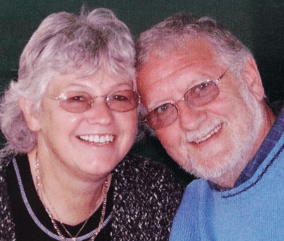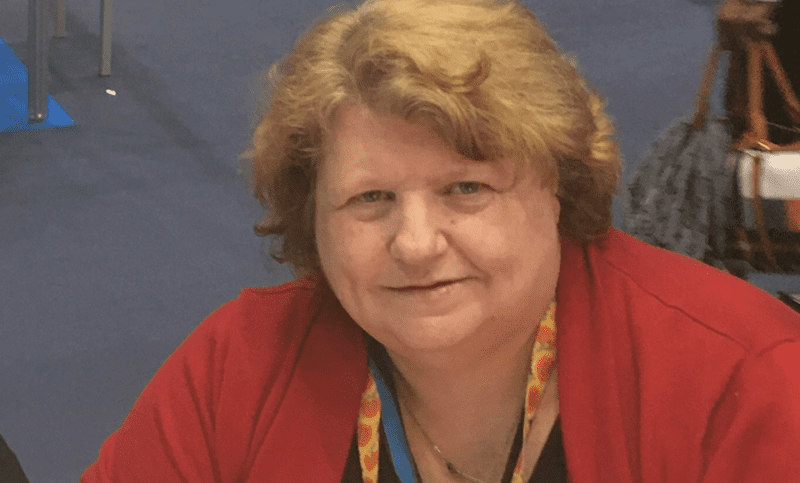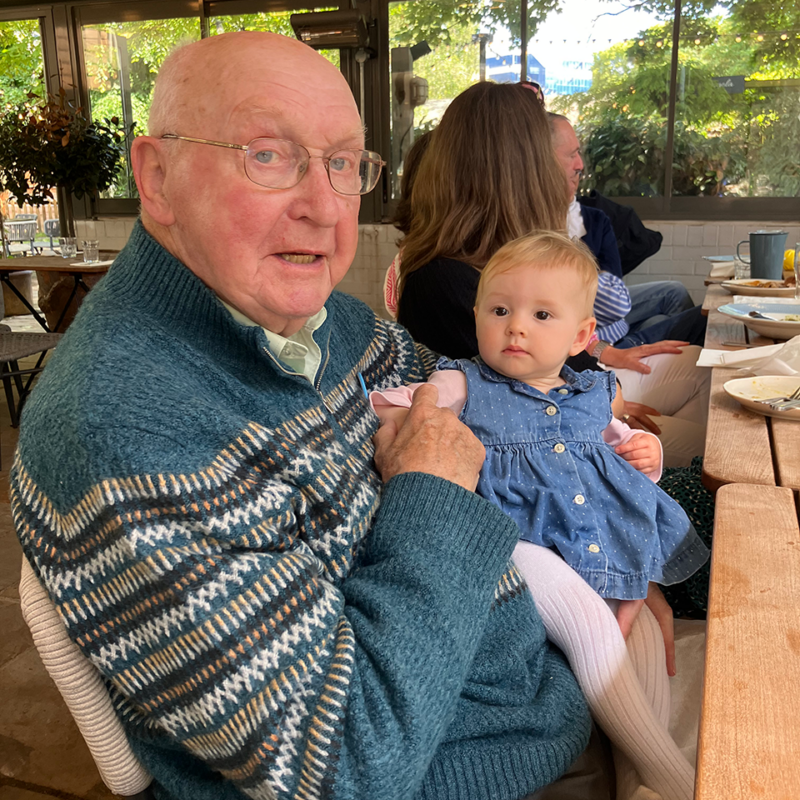
I still cherish every moment I have with Jan – Bob’s story
Bob, who has been married to Jan for 62 years, reflects on their beautiful relationship in spite of a heartbreaking journey with dementia.
A diagnosis of dementia can be a big shock for the person with the condition and their family. It can be difficult to know what to do next – including what decisions need to be made, who to tell, and what support is available.
This checklist of the next steps to take after a diagnosis of dementia has been written by our specialist Admiral Nurses. You will also find links to further information that you can turn to as and when you need it.
For more information, read our practical guide to getting the best out of GP and other health appointments and our page on medication for people living with dementia.
For more information visit our resources for parents.
A lasting power of attorney (LPA) is a legal document that nominates a person to make decisions on behalf of a person with dementia, if and when they no longer have the capacity to make these decisions themselves.
There are two types of LPA:
It is very important to draw up both types of LPA while the person with dementia still has the capacity to do so.
Discuss plans and wishes for the future with your family, including:
It is a good idea to compile an advance care plan: a document that outlines a person’s future wishes for their care and medical treatment.
Anyone who cares for a person with dementia is entitled to a carer’s assessment. This will identify what support is needed to help you in your caring role, such as home help for the person with dementia and aids and adaptations for daily living. You will need to request the assessment from your local authority.
This is similar to the carer’s assessment but looks at what support the person with dementia needs, for example:
You can apply for a Needs Assessment at Apply for a needs assessment by social services.
People with dementia and their family carers may be entitled to various benefits, tax discounts or financial support, including:
It is important to make sure you are receiving all the financial help you are entitled to.
For more information about all of the benefits, exemptions and support you might be eligible for, please read our Financial and legal sources of support and advice.
There are lots of simple, practical steps that can be taken to help a person with dementia stay safe and comfortable in their home. Please read our guide to Making the home safe and comfortable for a person with dementia.
Independent living aids and assistive technology, such as dementia clocks, personal fall alarms and adapted kitchen equipment can make everyday life easier.
You are legally required to inform the Driver and Vehicle Licensing Agency (DVLA) – or, in Northern Ireland, the Driver and Vehicle Agency (DVA) – and your vehicle insurance company of a diagnosis of dementia.
This may not automatically mean the person will have to give up their driving licence – for example, they may be issued with a short-term licence to be renewed after one, two or five years.
If you are diagnosed with dementia and still working, it is important to tell your employer so that steps can be taken to support you in your job.
Similarly, if you are caring for someone with dementia, telling your employer will help them support you in your caring responsibilities so that you can continue working and caring as effectively as possible.
Please read our information on employment and young onset dementia.
If you employ someone who cares for a person with dementia, read our guidance for employers.
Ask your GP, local authority, social worker, and friends and family about support groups and services in your area for people with dementia and their carers.
If you or the person you care for has young onset dementia, you can search our database for support groups.
Make sure you or the person you care for books and attends their regular healthcare appointments.
These include:
Please see our leaflet on staying healthy after a diagnosis of dementia, which includes space to record notes about your appointments.
An online programme for people affected by dementia
Our new, free online series, ‘Dementia: what next?’, is designed to help you learn more about dementia and the next steps you could take. Hosted by our dementia specialist Admiral Nurses, the sessions will provide you with expert information and advice on topics we are frequently asked about, helping you navigate the future with more confidence.
Our virtual clinics give you the chance to discuss any questions or concerns with a dementia specialist Admiral Nurse by phone or video call, at a time that suits you.

Bob, who has been married to Jan for 62 years, reflects on their beautiful relationship in spite of a heartbreaking journey with dementia.

Julie Hayden was diagnosed with dementia at just 54 years old. She's since dedicated herself to advocating for people living with dementia and elevating the voice of lived experience.

Simon, who has lived in New Zealand for two decades, discusses how he cares for his dad who has Alzheimer’s disease and lives alone in the UK.